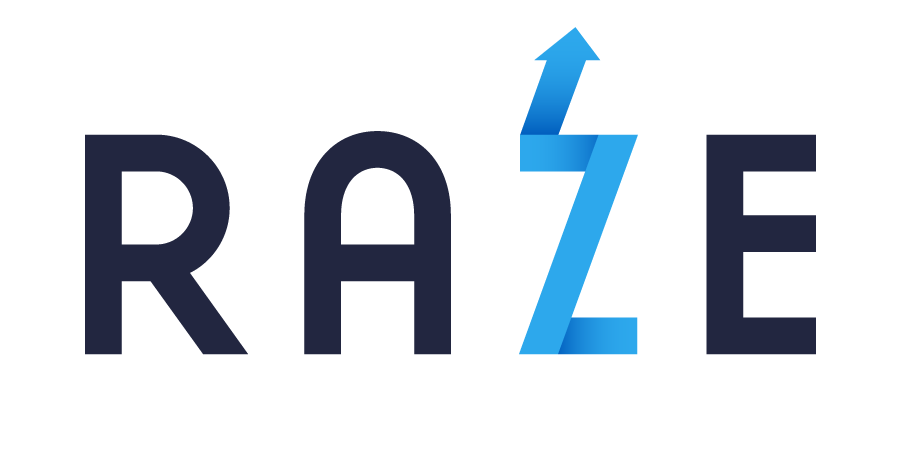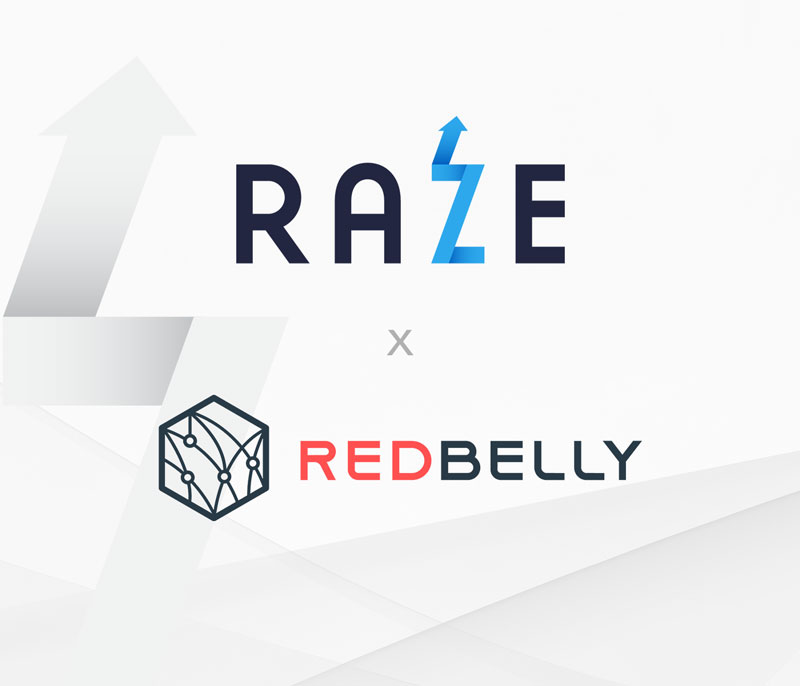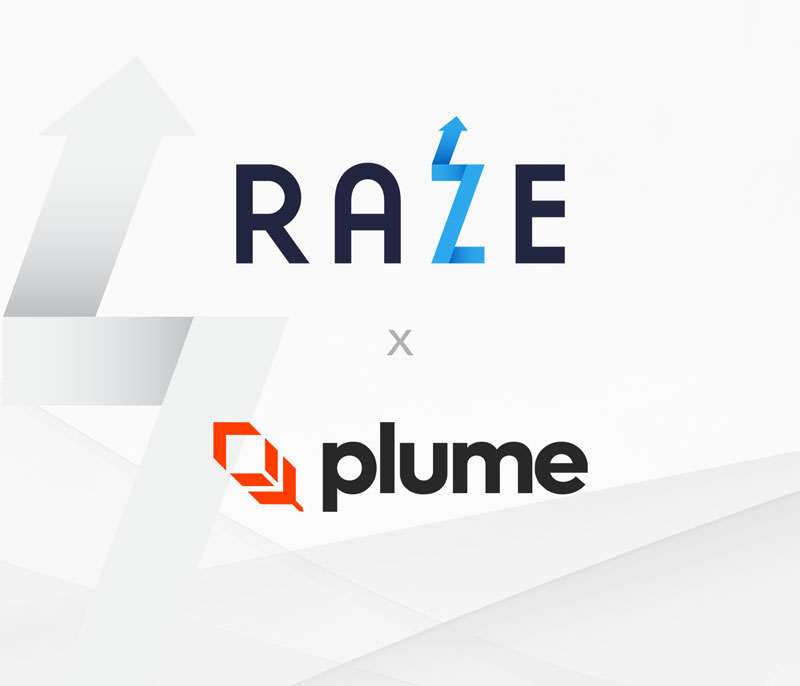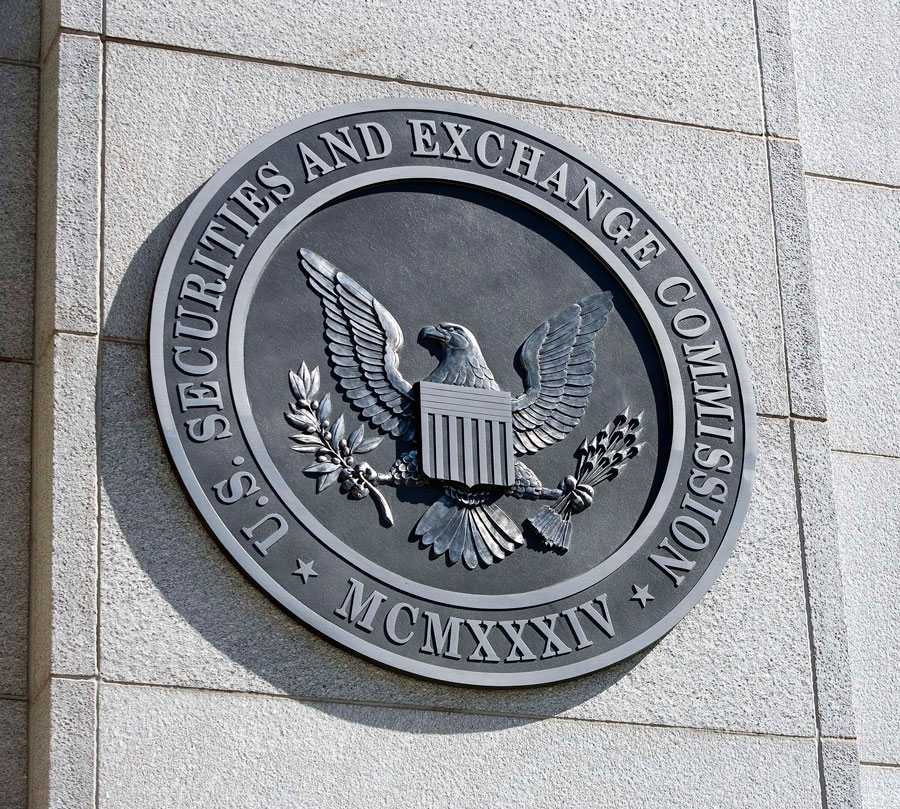SEC’s April 2025 Guidance on Crypto Asset Securities Offerings – Key Insights for Raze Clients

On April 10, 2025, the SEC’s Division of Corporation Finance issued a statement addressing disclosure requirements for offerings and registrations of securities in the crypto asset markets. This guidance provides critical clarity for Raze clients navigating tokenization projects, whether involving equity, debt, or crypto assets tied to investment contracts. Below, we break down the SEC’s statement and its implications for your blockchain initiatives.
Understanding the SEC’s Guidance
The SEC’s statement focuses on how existing disclosure requirements under the Securities Act of 1933 and the Securities Exchange Act of 1934 apply to crypto asset securities, including offerings of equity or debt tied to blockchain networks or applications, and crypto assets offered as part of investment contracts (termed “subject crypto assets”). Issued amid the ongoing work of the SEC’s Crypto Task Force, led by Acting Chairman Mark T. Uyeda, the statement outlines best practices for disclosures in registration forms like Form S-1, Form 10, Form 20-F, and Form 1-A (for Regulation A offerings). It emphasizes tailored, issuer-specific disclosures to protect investors, facilitate capital formation, and promote efficient markets.
Key Disclosure Areas for Crypto Asset Securities
The SEC highlights several critical areas where issuers, including those tokenizing RWAs, should focus their disclosures to meet regulatory expectations. Below are the main takeaways:
1. Description of Business
Issuers must provide a clear, concise narrative of their business, avoiding jargon and focusing on material aspects. For Raze clients, this means:
- Specificity: Describe your business (e.g., developing a tokenized fund) and its current stage, distinguishing it from broader blockchain technologies.
- Development Stage: Clarify whether your network or application is live or in progress, including milestones, timelines, and funding sources for development.
- Post-Launch Plans: Detail whether you’ll continue operating the business after launch or if another entity will take over and describe those activities.
- Revenue Model: Explain how your business generates or will generate revenue, such as through transaction fees or asset tokenization.
- Asset Functionality: Specify any role your security or crypto asset plays in the business, like facilitating transactions on a tokenized property platform.
- Network Details: For tokenized networks or applications, disclose the purpose, architecture, consensus mechanisms (e.g., proof-of-stake), transaction fees, security measures, and governance structure.
2. Risk Factors
The SEC requires a robust discussion of material risks making the investment speculative or risky, tailored to your business and security. Common risks for Raze clients may include:
- Technology Risks: Cybersecurity vulnerabilities or delays in network development.
- Security-Specific Risks: Volatility, limited holder rights, or liquidity constraints for tokenized assets.
- Regulatory Risks: Potential need to register with agencies like FinCEN for money transmission or other regulators (e.g., CFTC) depending on your activities.
- Network Risks: Dependence on third-party validators or governance changes impacting tokenized assets.
3. Description of Securities
Issuers must provide a complete description of the securities offered, whether equity, debt, or subject crypto assets. For tokenized RWAs, disclosures should cover:
- Rights and Obligations: Detail holder rights (e.g., no dividends or voting for certain tokens), how rights are recorded (e.g., via smart contracts), and whether they can be modified.
- Technical Specifications: Explain how the security is held or transferred (e.g., wallet requirements), the network it operates on, and whether its code has been audited.
- Supply Dynamics: Disclose the total supply of tokens, minting or burning processes, and any reserved allocations or lock-ups.
- Liquidity Arrangements: Note any plans for market makers to enhance liquidity for tokenized assets.
4. Leadership and Governance
Disclose the identity and experience of key personnel, including directors, executive officers, or significant employees driving your project. If a third party (e.g., a sponsor) handles policy-making, disclose their details. For Raze clients, this ensures transparency about who manages tokenized platforms.
5. Financial Statements and Exhibits
Issuers must include compliant financial statements, consulting the SEC’s Office of the Chief Accountant for complex transactions. Additionally, file exhibits like smart contracts or code defining security rights, updating them as changes occur.
Implications for Raze Clients
The SEC’s guidance offers actionable insights for Raze clients tokenizing RWAs, such as real estate, commodities, or financial instruments:
- Enhanced Compliance: Clear disclosure expectations help structure tokenized offerings to meet SEC standards, reducing regulatory risks.
- Investor Trust: Transparent disclosures about your business, risks, and token mechanics build confidence among investors, critical for tokenized asset adoption.
- Operational Clarity: Detailing development stages and post-launch plans ensure alignment with investor expectations, vital for long-term RWA projects.
- Scalability: By addressing liquidity, governance, and security risks upfront, you can design tokenized platforms that attract institutional participation.
- Regulatory Navigation: The guidance underscores the need for tailored legal strategies, especially for subject crypto assets, to avoid misclassification as securities.
Moving Forward
The SEC’s April 10, 2025, statement is a step toward regulatory clarity, offering Raze clients a framework to craft compliant, investor-friendly tokenized offerings. Venturly Law translates complex regulations into practical strategies, helping you leverage tokenization while meeting SEC expectations. Whether you’re launching a tokenized RWA platform or refining disclosures, Venturly is here to guide you.
Contact Venturly Law today to ensure your tokenized projects align with the SEC’s latest guidance and thrive in the evolving crypto asset market.
____
About Gregory M. Karch and Venturly Law
Gregory M. Karch is the founder of Venturly Law, a solo law firm dedicated to navigating the dynamic world of blockchain, cryptocurrency, and tokenized real-world assets (RWAs). Since 2013, Greg has been deeply engaged in the crypto and blockchain space, driving innovation in tokenization and decentralized finance (DeFi). As a licensed attorney since 2016, he blends legal acumen with technical expertise to guide startups, enterprises, and investors through complex regulatory frameworks, helping them unlock the transformative potential of digital assets. With a client-focused approach, Greg empowers businesses to thrive in the evolving blockchain ecosystem. Learn more at:
Website: https://venturlylaw.com
LinkedIn: https://www.linkedin.com/company/venturlylaw/
____
About Raze
Raze is a tokenization engine that powers the full lifecycle of real-world assets—from token design and creation to capital formation and liquidity—through a tech-enabled capital stack. We help companies and funds tokenize assets like commodities, credit, real estate, and equity with built-in compliance and multi-chain support, giving investors real-time access to yield from real world assets.
Website: https://raze.finance
LinkedIn
X






